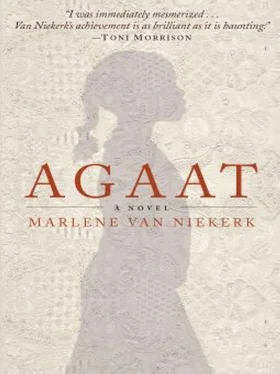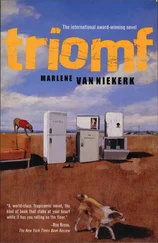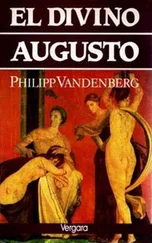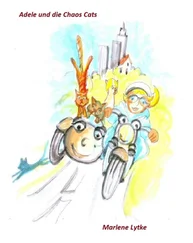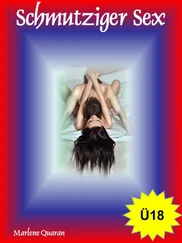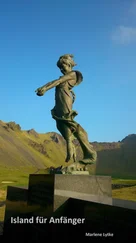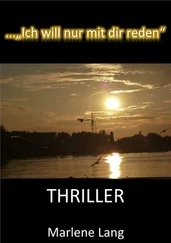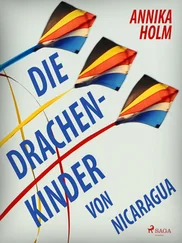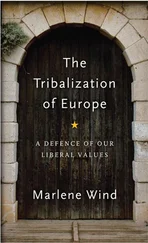There is nobody there. These are the sounds of an old house.
My house can make more sounds than I.
Sometimes I imagine that I can hear footsteps, swiftly from the front to the back all the way through the house, a hurried, peremptory tread in the mornings. At night, in the afternoon hours between two and three, a laboured pace, a shuffling gait, a walking stick.
As if somewhere a recording has been made of all the times that I’ve walked in the passages and rooms of my house, as if it were now being played back to me on a worn audiotape, a record without clear information.
What must I make of it? What is the message? I was intended to be an upright animal? Intended to stretch my limbs, delimit four quarters in the air, a golden section, my reach the compass of my intentions? Created to swim, to walk, to climb, sufficiently sanguine to attempt flight?
Here I lie. Drawn and quartered would be preferable.
Sometimes there’s a knocking on the rooftop, once, twice, thrice, four times, loudly as the roof beams contract in the night. Then I wake up and wonder who has arrived.
Who wants to come in? I want to cry out, who is there?
But there’s nobody there. When Agaat leaves me alone, like today, I am nobody. Between me and me no fissure of differentiation.
In the mornings when the roof beams heat up, there’s a tick-ticking above my head for an hour. As if there’s a pacemaker wanting to help me think, an apprehension that on my own I cannot shape into thought.
I am less than a roof.
I am a gutter.
I hear, sometimes, a rustling in the door frames. Woodborer it must be, mice perhaps, or cockroaches. Gnawings sifting down between the wood and the wall, mice probably, insects.
I should be able to impress upon Agaat to bring me a cockroach in a bottle so that I can see it scampering with its grey flat body, scrabbling with its feet against the glass. She’d find mirth in my envy of a cockroach.
My bed in which I’m tilted, makes my weight palpable to myself. My loose weight inside my fixed weight. Each time I can feel my intestines welter inside me. My heart in a basket, my guts a roll of chewing-tobacco tumbling about inside a crate. That’s all she’s done for me today. Came here to tilt me. Without a word.
My meat is unfairly distributed over my bones. The weight of my skeleton is my only honesty. My meat makes me cry.
I see the contours of my feet under the cover. My feet are logs. The tension has deserted my toes. My feet look like knees, my knees look like wodges, like half-loaves, my hip-bones form ridges and in-between is a basin. My chest inclines towards me, on either side of my breastbone there’s been nothing but folds of skin for a long time now. I remember the weight of my breasts, the shadow of my breasts.
Now light plays around me, a clod in a field, a shallow contour. It gradates itself over my heights and depressions, a crafty modeller. The cover is white, the shadows blue. The light sketches the railings of my bed around me like a barred cage. I am a skeleton within a skeleton, a crate in a truck, but I still have time, in me is my time, my wasting flesh preserves my time within me.
One should consist entirely of bone when the dying starts. But an animated skeleton. A skull full of flashes, a hand that hinges like a railway signal. One gesture must be granted you over the creatures that are permitted to die in innocence. And then you have to step back into line.
Darknesses slip along the skirting boards, light rings out over the floorboards, over the chrome, over the piles of white linen, over the jars and tubes and cloths. Stipples and stripes and spots. What is the time? I don’t want to know. In the front room the grandfather clock ticks.
My room limns itself from hour to hour, completes itself every day. My room is a perverse painter. I am the still-life. The fold in the cloth, the turned-open book.
I page myself to the outside. The sounds of the last harvest come to inscribe themselves in me.
It must be just before afternoon, time to unload the morning’s harvest and to make repairs and to draw breath, to rinse the itchy chaff and the straw from the eyes. The combine harvester that went out this morning comes droning back up the yard. The driver calls: Open up! The door slides open scuffing on its rollers, on its track of steel set into the threshold, the engine echoes darker with the rolling-in under the roof. Here comes the first tractor now, I can hear it’s pulling a wagon full of bales. The second tractor is hauling a wagon full of sacks, it’s labouring harder. To judge by listening, it sounds like a year of hefty weights.
They’re shouting in the yard. They call: Carry in, carry in! Grab hold! It’s Dawid and Kadys and the new man, Kitaartjie. I hear a bakkie. That must be Thys coming to cast an eye. Towards the back in the caverns of the shed there’s a ting-tinging of ball-peen hammers. I know the sound. They’re clinking new blades onto the red harvester’s cutting-rod. The hay must be strong because the blades hop, the blades wear out.
Perhaps they can carry me out into the yard one more time, on a stretcher. They can fit my neckbrace and strap me in and stand me up under the wild fig-tree. So that I can see. So that I can smell the dust, so that I can see the black plume of diesel fume spurting from the tractor, so that I can assess the swing of the wagon on the drawbar, and count the bales as they are carried into the shed, and count the stalks on the back of the bearer, praise the one who will break open a bale before my feet so that I can see the density, the power, and the glory, the one who shall know to gather me a handful from the centre and press it against my cheek.
Somebody must bring the small scale before me and hold it up in the air until the hand stops quivering.
A bushel of Daeraad I want to see weighed, a bushel of Kleintrou, a bushel of Sterling.
And somebody must stand in front of me and take a mouthful of Vondeling and chew it for me and look into my eyes and I want to see the pupils contract as the grains crack open, and hear soft singing while the molars grind, hey ho, hey ho, yoke the oxen now. And as the cud starts to bind, I want to see the eye start to shine.
And somebody must bring a coop of chicks and enfold my hands in their hands and put chicks in my hands and feed them with the wild pulp in which spit and bran are stippled. I want to feel once more in my palms the chirp and throb of the body of a chick.
And somebody must wipe my tears and somebody must see to it that I don’t choke.
Because the map I must still see.
They must unroll it in the dust and place stones on its corners so that it doesn’t roll shut. Four red-blue shards of shale.
They must remove the brace so that my neck can bend.
They must take my head in their hands so that it doesn’t become too heavy, and lift it up and lower it as the rod points on the map and the hand points over my world, so that I can see the map of Grootmoedersdrift and its boundlessness. The blue waverings on paper of the Korenland River to the west, from the Duivenhoks and the Buffelsjag on the east, the dense contours, fingerprint-like, of the Langeberg in the north and the Potberg in the south. The square dots of the encircling places: Suurbraak, Heidelberg, Witsand, Infanta, Struisbaai, Port Beaufort, Skipskop, Malgas, Swellendam, Stormsvlei, Riviersonderend, Caledon, Bredasdorp, and Barrydale just over the Tradouw and Montagu and Robertson and Worcester.
And amongst the mountains and towns and rivers, with the straight red line of the bypass traversing its body, the extent of my farm. The dotted lines of the boundaries, the white dots of the beacons, the green of bushes and orchards and the gardens in its domain, the silver dams, the number of watering-places and stored waters on the dryland, the stables and the sheds and the kraals. The grass pasture next to the Klip River and the lands, the camps for the lambing and the summering, the plots of fallow land, the shallow basins where the sheep sleep, and the black shadow of bluegums.
Читать дальше
